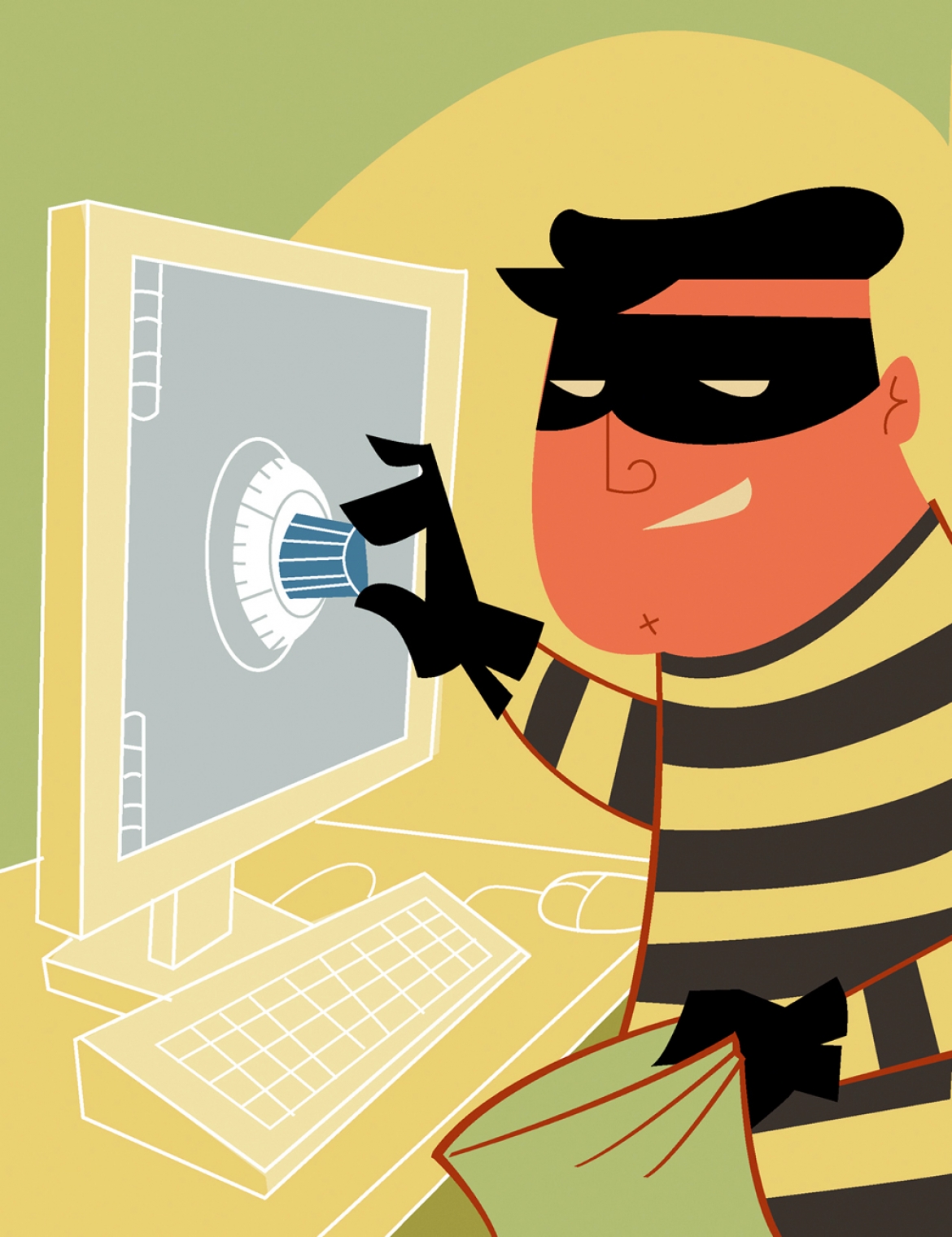The Internet plays an integral role in many people's daily lives. The number of Internet users has increased from 738 million in 2000 to 3.2 billion in 2015, according to a new report from the International Telecommunication Union. While spending time online has become second nature, it's important that users remember to prioritize security when spending time online.
Both Google and McAfee estimate that there are roughly 2,000 cyber attacks every day around the world. This costs the global economy around $460 billion per year. Many people and businesses think they may be doing enough to safeguard against attacks, but they may not be as safe as they could be. Sophisticated hackers can steal data and extort money from vulnerable organizations and individuals. The following are some ways individuals and organizations can safeguard their networks from cyber criminals.
- Employ anti-virus software. Rely on anti-virus software to safeguard against computer viruses and spyware. Keep such software up-to-date as well. Remember to download and install updates as they become available. If you think you'll forget to do so, activate the software's auto-update feature.
- Exercise caution with email. Do not open emails from unknown senders. Also, be suspicious of unexpected emails that contain attachments, whether you know the sender or not. Employees clicking on email attachments they believe are from trusted sources is "the No. 1 threat for organizations," says Proofpoint's Gary Steele, a secure email specialist.
- Go beyond the firewall. Security breaches are inevitable, warn technology experts, so attention needs to be shifted from just securing main firewalls to developing a lot of smaller roadblocks around data that can't afford to be lost. This involves signing each bit of digital information with a unique code that can stonewall potential hackers. Smaller breaches are easier to manage in businesses because hackers will not take down an entire company. Consult an IT security firm for this type of protection.
- Use off-site protection. Regularly back up your computer data and consider keeping some of it off-site. This makes it easier to retrieve and restore data in the event of a breach.
- Keep passwords protected. Never share passwords with others and change passwords frequently. When selecting passwords, choose hard-to-guess ones that have at least eight characters. Use a mix of letters, cases, numbers and symbols to make passwords harder to crack.
- Use the highest level of security. For applications that connect to the Internet such as browsers, social media, email clients, etc., use the highest level of security setting that will still offer the functionality you need.
- Be aware of mobile threats, too. Many firms enable employees to use their own mobile devices to access company information. IT professionals cannot monitor security settings on mobile devices, and it's best to restrict access to very secure data when accessed remotely.
Cyber security has become a concern for large and small businesses, as well as individuals who rely heavily on the Internet. But there are some simple and effective ways to protect networks and personal devices from cyber criminals.
